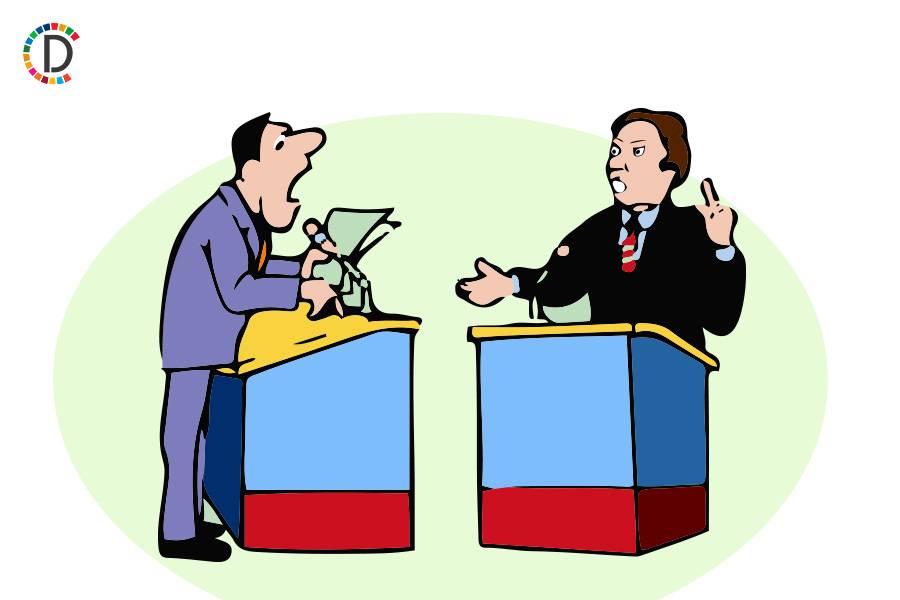Iran-U.S. Relations Strained Amid Nuclear Tensions and Revolutionary Chants
Iran's President criticized the United States' sincerity in negotiations as Iranians marked the anniversary of the 1979 Islamic Revolution with anti-U.S. and Israel protests. The tensions come amid renewed U.S. sanctions and Iran's continued nuclear activities, which the U.N. recently reported are nearing weapon-grade enrichment.

Iran's President Masoud Pezeshkian questioned the United States' sincerity in negotiations as citizens marked the 1979 Islamic Revolution's anniversary. Demonstrators across the nation chanted anti-U.S. and anti-Israel slogans, showcasing resistance to mounting pressure from Western nations.
The U.S. President Donald Trump reinstated the 'maximum pressure' strategy on Iran, aiming to reduce its oil exports to zero to thwart nuclear weapon acquisition. Despite these sanctions, Trump expressed a desire for a verified peace agreement, yet Pezeshkian highlighted the contradiction in his televised address.
Iran's economy falters with its currency hitting a historic low due to renewed U.S. sanctions. Meanwhile, tensions heighten with reports from the U.N. nuclear watchdog of Iran's uranium enrichment nearing weapons-grade. Iran maintains its program is peaceful, amid escalating rhetoric and distrust between Tehran and Washington.
(With inputs from agencies.)
- READ MORE ON:
- Iran
- U.S.
- nuclear
- sanctions
- 1979 Islamic Revolution
- Tehran
- Masoud Pezeshkian
- Trump
- uranium
- diplomacy










